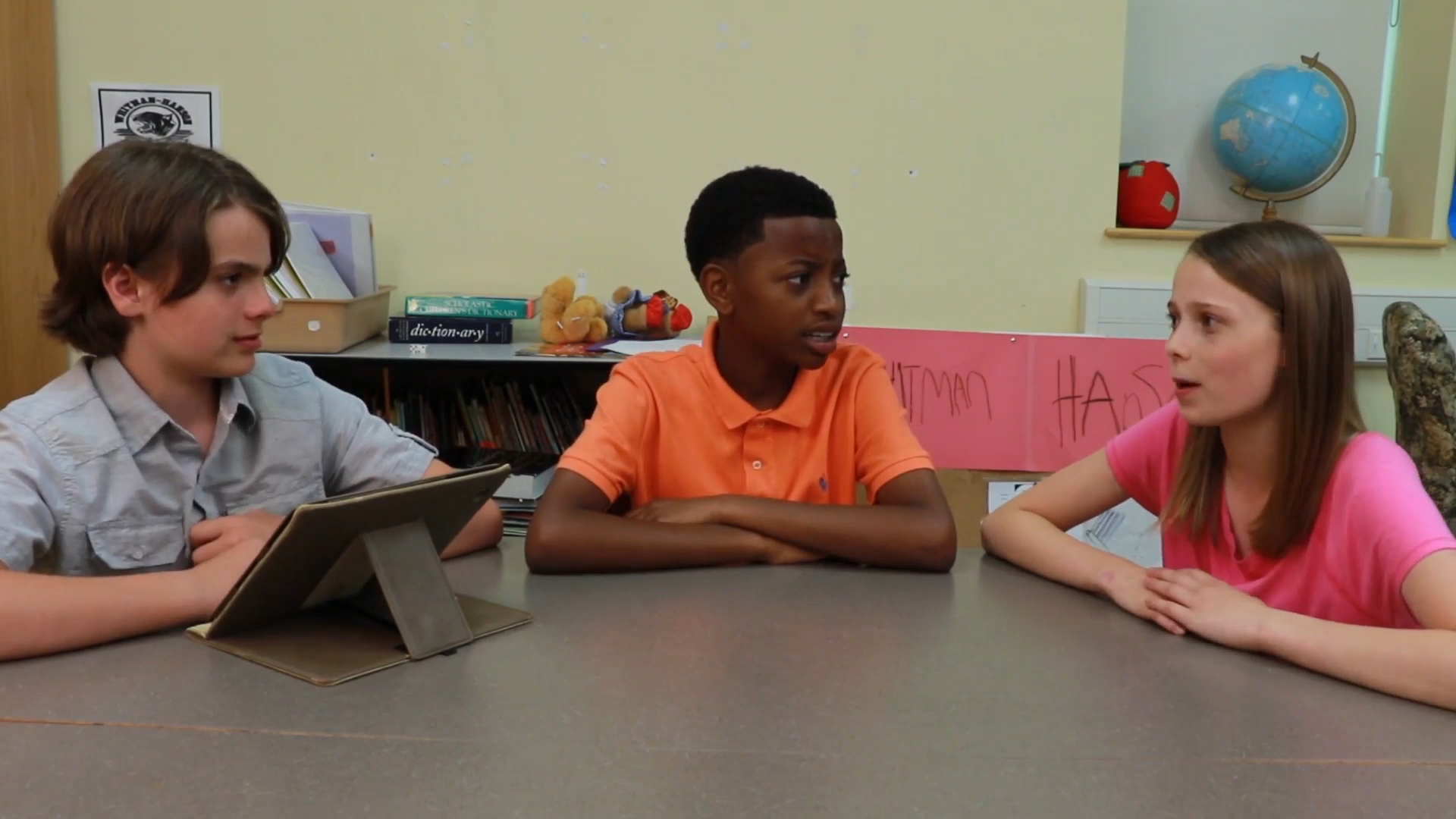
Introduction
Being rigid is the opposite of being flexible. In the context of Social-Emotional Learning, having a Closed Mind means resisting change and not being open to new ideas. This can lead to feelings of frustration, worry, and a lack of adaptability. On the other hand, an Open Mind enables us to be more flexible, adaptable, and prepared for change. In this blog post, we will explore an easy-to-implement activity that requires no preparation or materials, followed by discussion questions, related skills, and next steps for educators interested in promoting an Open Mind in their students.
No-Prep Activity: The Switch Game
In this simple activity, students will practice being flexible and adaptable by switching roles, opinions, or preferences on the spot. To begin, have students stand in a circle. The educator starts by stating a preference, such as “I prefer chocolate ice cream over vanilla.” The student to the left must then quickly state the opposite preference, such as “I prefer vanilla ice cream over chocolate.” Continue around the circle, with each student reversing the previous preference. The goal is to practice being flexible by considering and accepting the opposite viewpoint, even if it’s not their own.
Discussion Questions
- How did it feel to switch your opinion or preference during the activity? Were you able to adapt easily?
- Can you think of a time when you had a Closed Mind and it made a situation more difficult? What could you have done differently?
- How can having an Open Mind help you in school, at home, or with your friends?
- What strategies can you use to stay calm and open-minded when facing change or new ideas?
- Why is it important to practice flexibility and adaptability in our everyday lives?
Related Skills
Developing an Open Mind is closely related to other essential skills in social-emotional learning, such as:
- Adaptability: Being able to adjust to new situations and environments.
- Problem-solving: The ability to find solutions when faced with challenges or obstacles.
- Active listening: Paying attention, understanding, and responding to the thoughts and feelings of others.
- Empathy: Understanding and sharing the feelings of others, which can help us accept different perspectives.
- Resilience: The ability to bounce back from setbacks and adapt to change.
Next Steps
If you’re interested in exploring more activities, discussions, and resources to help your students develop an Open Mind and other essential social-emotional skills, we invite you to sign up for free sample materials at Everyday Speech. These materials will provide you with a wide range of tools and strategies to promote social-emotional learning in your classroom or educational setting.

